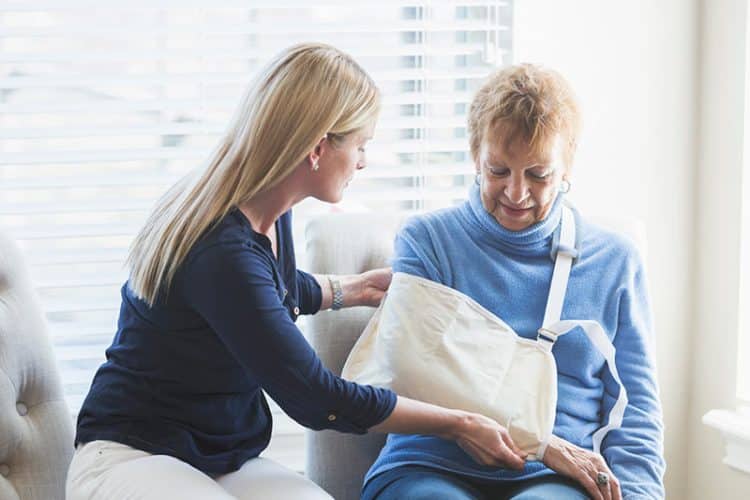December 16, 2020
Deciding how to best care for your elderly loved ones is not an easy choice. You want to make sure you can find a nursing home or assisted living facility you can trust to take care of an important member of your family.
You expect the nurses and employees to treat your elderly family with respect and the utmost of care. They also need to maintain their health by giving them their proper medication and responding to medical emergencies. The most common issues with patients who are improperly cared for are bed sores, cuts or bruises, dehydration, urinary tract infections and weight loss.
When a staff member of the facility fails to do their job, your loved one could be injured, or worse, lose their life. In this case, you will want to hold the assisted living facility accountable. But, it can be daunting to know everything you need to build a strong case.
In this blog post, we’ll go over how to determine who is liable in a nursing home abuse case in the state of Virginia.
What Counts as Negligence or Abuse?
When you and your loved ones sign up to join a nursing home, that facility is contractually agreeing to offer proper care and medical attention. These services are their “duty of care” and include:
- Food & Water
- Shelter
- Hygiene
- Medical care
- Therapy
- Physical activity
- Repositioning movement for the bedridden
Our elderly are entitled to reasonable care from nursing home facilities and caretakers. If these basic needs are not met, or a patient is directly abused, then the facility and staff needs to be held accountable.
The difficulty comes from determining specifically what is “reasonable care,” as it changes from case to case. Every patient has different needs that need to be established and clearly defined. Therefore, each case involves defining reasonable care for the victim, and then determining who is responsible for that lack of care.
While you may have to define your specific case’s version of “reasonable care,” there are some common examples of neglect or abuse within nursing homes.
- Poorly training staff
- Failure to perform proper staff background checks
- Inadequate security
- Failure to provide basic necessities, like food, water, clean living facilities
- Failure to properly administer medication
- Failure to protect from health and safety hazards
- Intentional abuse or neglect from staff
- Failure to properly change diapers and bedding
- Falure to properly document, follow and treat ulcers or bed sores.
How to Determine Liability
If evidence or proof exists that your elderly loved one has suffered an injury or death due to negligence, it’s important to know who caused it. This is to say, you need to determine if the problem is with the facility, an individual at the facility, or a third party.
The nursing home would be responsible if the abuse was caused by their negligence, like in the examples given above. These stem from systemic issues, making the facility at fault.
Even if an individual employee is perpetuating the abuse, the fault still generally rests on the facility. The nursing home should be training their employees and keeping tabs on them to keep horrible accidents and intentional harm from happening to their patients
Sometimes, the abuse can come from third parties outside of the facility’s control. Let’s say a patient suffers an injury from falling off a wheelchair. While someone’s first assumption might be to blame the nursing home, the issue could be with the wheelchair manufacturer. The fault could also be put on a contractor who improperly built the walkway.
It’s important to understand who could be at fault for the neglect and abuse your loved ones may suffer. By knowing who or what is responsible, you can make a stronger case in court.
What Are the Next Steps?
If you suspect in any way that your elderly loved ones have suffered abuse at an assisted living facility, you should first call your local Adult Protective Services office. These social workers help to protect elderly adults by conducting investigations and finding evidence for the suspected abuse. Call the Richmond office at (804) 646-7405 to report elder abuse or neglect.
After you’ve spoken with APS, it’s important to call a lawyer ASAP. The experienced attorneys at Cravens and Noll understand how heartbreaking it is to see your elderly loved ones mistreated. That’s why we will work with you during every step of the case, from the APS investigation to creating your case, all the way to defending your family in court. We have 35 years of experience and have recovered millions of dollars for our clients and their victimized family members. If you want to even the playing field, call Cravens & Noll.
Contact us to hold negligent nursing homes accountable and get your family the compensation they deserve.

